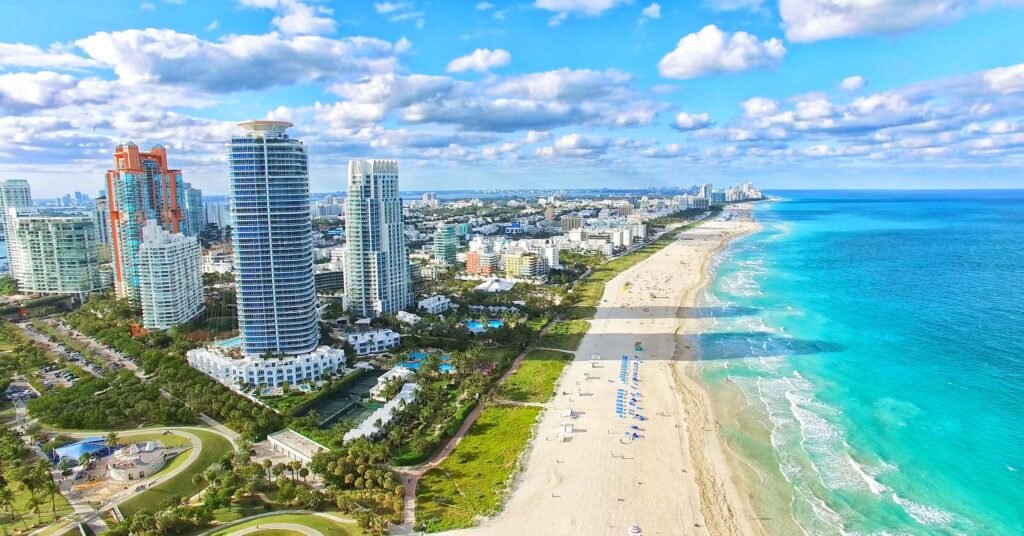Do you wish to visit Florida? Please note that the information provided here is based on hypothetical scenarios and may not reflect the current situation accurately. As of now, the US Centers for Disease Control and Prevention (CDC) has not issued a travel warning specifically for Orlando, Florida. However, it is important to consult the CDC’s website for the most up-to-date information regarding travel recommendations, especially considering the prevalence of COVID-19 cases in the state.
The country has experienced a significant impact from the coronavirus, with a relatively high percentage of tourists (54 percent) contracting the virus. This suggests that a significant portion of visitors to Orlando may be at risk of contracting COVID-19. It is crucial to remember that even if you are asymptomatic, you can still spread the virus to others.

Regarding crime rates in Orlando, they can vary depending on the specific area. Overall, crime rates in the city are relatively low. However, with increased excitement and travel activity, there may be a higher likelihood of crime occurring. It is advisable to take precautions to safeguard your belongings and avoid areas known for higher crime rates.
Furthermore, the country is prone to hurricanes, and there have been reports of impending hurricanes such as Hurricane Irma (hypothetically expected to make landfall on September 10) and Hurricane Maria (hypothetically scheduled to hit on September 20). In the event of such storms, it is crucial to follow evacuation orders and prioritize your safety.
Remember that the information provided here is not based on real-time events and may not reflect the current situation in Orlando, Florida. It is essential to refer to official sources such as the CDC and local authorities for the most accurate and up-to-date information on travel advisories, COVID-19, crime rates, and weather conditions.
How safe is it to travel to Florida right now?
The safety of travel to this country depends on various factors, including your location of origin, the current COVID-19 regulations in your area, and the prevailing guidelines in Florida. It is essential to stay informed and up-to-date by checking the travel advisories provided by the Centers for Disease Control and Prevention (CDC), your local health department, and the Florida Department of Health before making any travel plans.
When considering travel to any destination, it is crucial to be aware of the risks associated with COVID-19. This virus can cause severe respiratory illness in individuals of all ages and can lead to complications such as pneumonia and even death. If you are planning to travel to Florida, it is important to take the following precautions:
- Stay informed about the current COVID-19 situation in Florida and adhere to local health guidelines and regulations.
- If advised by your healthcare professional, wear a mask when venturing outside.
- Avoid close contact with individuals who are sick or have recently been exposed to the virus.
- Stay updated on the latest safety information and recommendations provided by the CDC.
By being proactive and following the necessary precautions, you can help protect yourself and others during your travel to Florida. It is crucial to prioritize your health and well-being by staying informed about the evolving situation and complying with the guidelines provided by health authorities.
Are there any travel restrictions to Florida?
Due to the COVID-19 pandemic, specific travel requirements have been implemented in Florida. Travelers entering the state must adhere to the State of Florida’s travel advisory, which includes the following guidelines:
- Completion of the State of Florida’s travel health form: Travelers are required to fill out the travel health form provided by the state.
- Self-isolation or quarantine: Upon arrival in Florida, individuals are expected to self-isolate or quarantine for a period of 14 days.
- Negative COVID-19 test result: Travelers must obtain a negative COVID-19 test result before their arrival in Florida, unless they are coming from a designated state with a positivity rate of less than 10%.
- Mandatory self-isolation from certain states: Individuals who have recently traveled from specific states, including Alabama, Arizona, Arkansas, California, Delaware, Georgia, Iowa, Idaho, Kansas, Louisiana, Mississippi, North Carolina, Nevada, Oklahoma, South Carolina, Tennessee, Texas, and Utah, are required to self-isolate for 14 days after entering Florida.
It is crucial for travelers to be aware of and comply with these travel requirements to ensure the safety and well-being of both themselves and the local community. It is advisable to stay informed about any updates or changes to these guidelines by referring to the official sources and the State of Florida’s guidelines on COVID-19 travel advisories.






